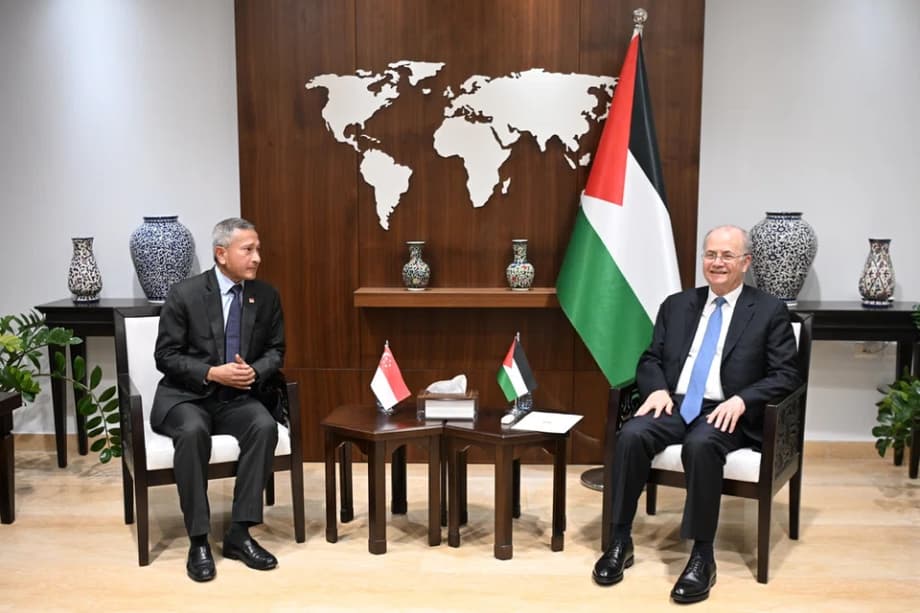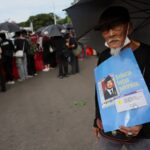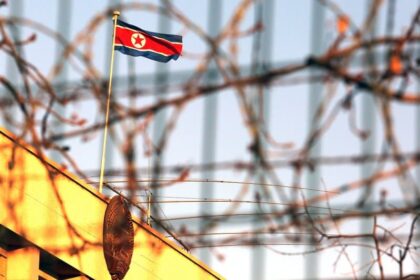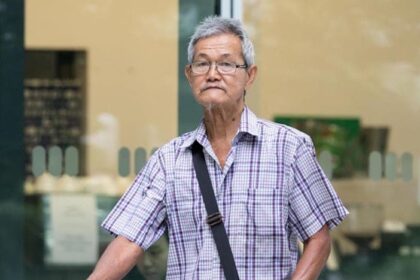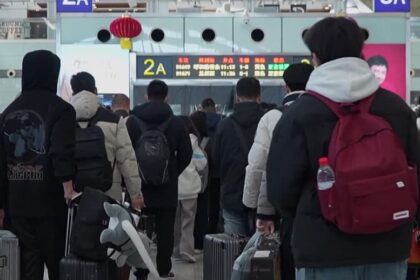Why this donation matters now
Singapore has sent US$500,000 (S$652,000) to the World Food Programme for emergency food operations in Gaza, a targeted commitment aimed at keeping life saving food moving to civilians caught in the conflict. At a handover at Singapore’s representative office in Ramallah, Foreign Minister Vivian Balakrishnan spoke about the need to protect civilians and support frontline humanitarians. The contribution goes to an agency with long experience supplying bread, flour, ready to eat rations, and nutrition support inside Gaza. It comes as aid groups warn of deepening food insecurity and recurring access barriers that leave families without reliable meals. By channeling funds through the World Food Programme, Singapore is tapping a system designed to purchase at scale, move food across borders, and distribute it through established networks even in difficult conditions.
Dr Balakrishnan is visiting the Palestinian Territories and Israel after the first phase of a ceasefire took effect. He urged all sides to keep to the terms, pressed for practical steps that open routes for aid, and underlined that the suffering of women and children has gone on for too long. He thanked World Food Programme teams for their courage in dangerous settings and said assistance must preserve dignity as well as provide calories. The donation is part of a sustained package from Singapore and its citizens, who have contributed multiple tranches of medical supplies, food and funds since the crisis escalated in 2023.
What the World Food Programme will do with the funds
On the ground, the World Food Programme (WFP) runs a mix of operations that can adjust to shifting conditions. When markets function, WFP uses cash based assistance or e vouchers so families can buy bread, dairy, vegetables and other staples from approved shops, which keeps local vendors in business. When shops are empty or access is blocked, WFP moves in commodities such as wheat flour, canned protein, lentils, rice, oil and fortified date bars. The agency also supplies specialized products for children and pregnant or breastfeeding women to prevent malnutrition. Each truckload requires planning, fuel and escorts, and each distribution point needs staff to register and verify recipients.
This is where flexible funding matters. A contribution like Singapore’s can be converted quickly into food purchases, transport and warehouse capacity. WFP draws on global contracts to source at competitive prices, secures space in convoys, and works with United Nations partners and local groups to run safe distributions. When bakeries have fuel and flour, WFP supports bread production that reaches large numbers of people. When roads are cratered or communications are down, the agency shifts to what is feasible, including mobile distributions. The goal is simple, get enough nutritious food to as many people as possible, as regularly as conditions allow.
A wider relief effort from Singapore
This cheque follows a broader effort by Singapore and Singaporeans to help Gaza. According to the government, ten tranches of aid worth more than S$24 million have been delivered or committed. Supplies and funding have gone to medical partners, hospitals, food pipelines and relief agencies. Singapore worked with regional partners such as Egypt, Jordan, the United Arab Emirates and Cyprus to move aid by land and air. That cooperation has kept assistance flowing even when border crossings were restricted.
The Singapore Armed Forces deployed aircraft for transport missions and participated in air drop operations at the invitation of the Jordanian Air Force. Singapore has supported Egyptian hospitals treating injured Palestinians and set aside prosthetic supplies for one hundred amputees treated in Jordan and at Jordanian field facilities in Gaza. Civic groups and donors in Singapore have also campaigned and raised funds for humanitarian agencies working inside the enclave. The result is a combined government and public effort that reaches from purchasing to delivery.
At the same time, Singapore has kept its focus on practical help rather than public grandstanding. Officials describe the approach as quietly constructive, working with credible partners and keeping attention on results rather than headlines.
Training and governance support for Palestinians
Beyond immediate relief, Singapore has long invested in Palestinian capacity building through the Enhanced Technical Assistance Package (ETAP), a S$10 million initiative that trains public servants. More than 800 Palestinian officials have attended courses in Singapore covering public administration, governance and economic management. These programs aim to strengthen institutions that deliver services, manage budgets and plan for development.
New training will roll out in 2026 at the request of the Palestinian Authority. Two courses will focus on the digital economy and digital entrepreneurship, complementing an upcoming course on community policing in partnership with the Japan International Cooperation Agency and a Young Leaders Programme for emerging officials. The goal is to build the skills needed to administer effectively, prepare for eventual statehood, and support a durable peace when conditions allow.
What officials are saying
At the ceremony in Ramallah, Dr Vivian Balakrishnan thanked aid workers and called for a humanitarian effort that protects civilians and restores hope.


